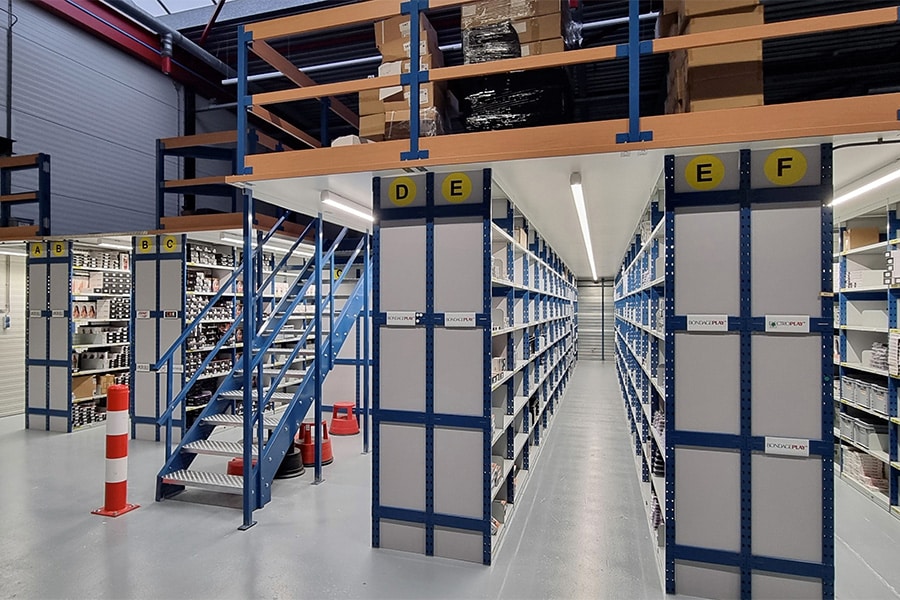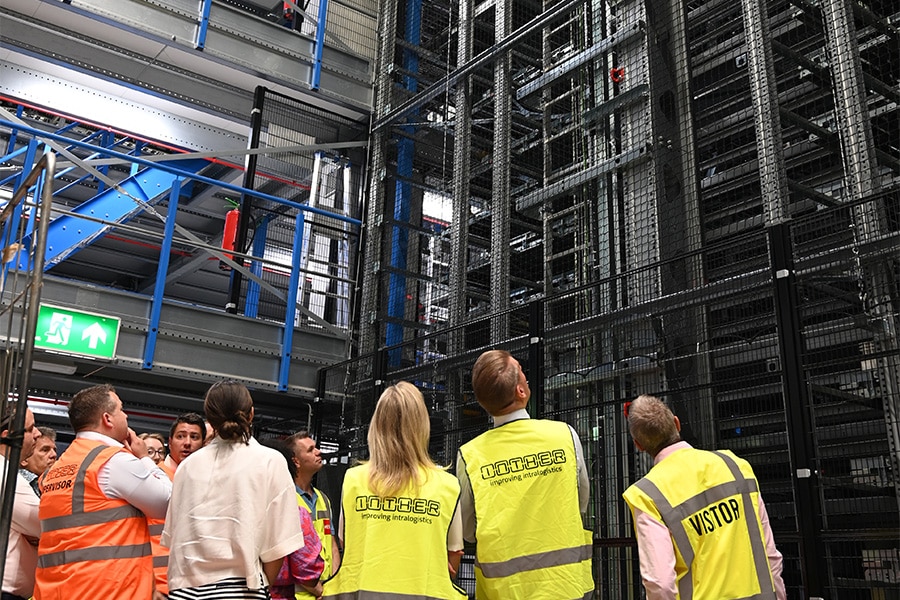
Further improving fuel efficiency and driving performance Volvo Trucks drivelines
Volvo Trucks is introducing several new updates to its 11- and 13-liter engines that provide even lower fuel consumption combined with favorable driving characteristics.
"Low fuel consumption is crucial for all transport companies, but especially for high-mileage deployments, for example in international transport. In addition, transporters want to maintain the high performance of the current engine range. With these latest enhancements to our proven powertrain, they can benefit from a unique combination of fuel savings, an associated lower CO2-emissions and even further improved driving characteristics," said Jan Schouten, Manager of Product at Volvo Trucks Nederland.

Best fuel performance ever on known test route
Targeting low fuel consumption, the Volvo FH I-Save with Turbo Compound engine gets the same updates on the engine and powertrain. In 2020, it achieved a "best ever" result during a fuel test on the Green Truck Award test route north of Munich, Germany, with fuel consumption of 22.7 liters per 100 km and an average speed of 80.35 mph. Several independent trade press tests in the Netherlands and elsewhere this year have confirmed the leading position in fuel performance. With the latest update, Volvo Trucks expects to improve the records even further.
"We already have a lot of evidence from hauliers confirming the low consumption of the Volvo FH with I-Save. So we are very excited about how the new powertrain improvements will make the Volvo FH with I-Save even more fuel efficient, which directly contributes to a better result for our customers," explained Jan Schouten.
Sales of the new powertrains have already begun. The upgraded 11-liter engine will go into production from spring 2022 and the updated 13-liter engine just after summer.
Fine-tuning leads to substantial improvements
I-Shift was introduced in 2001 and has been constantly improved since then. I-Shift has since become the benchmark for automatic shifting gearboxes. More than one million trucks with I-Shift have been sold worldwide. The handling improvements that are now being added are achieved by the new way I-Shift works with the engine. This updated version uses a new shifting strategy that not only allows for faster gear changes, but also a smoother and more comfortable driving experience.
Lower fuel consumption is achieved through reduced friction in the engine and a refined combustion process with uniquely shaped pistons. Engine torque is skillfully and intelligently controlled by the updated I-See function, which optimizes engine performance by taking into account road topography and vehicle weight.
"Our Volvo engineers have really succeeded in making significant new improvements to an already advanced powertrain. Although it is a bit too early to share exact figures, we can say that our field tests with customers are promising," continued Jan Schouten.
Fossil-free future
Volvo Trucks' goal is for electric trucks to account for half of its sales by 2030, and ten years later, by 2040, all Volvo trucks sold should be fossil-free. So the combustion engine will continue to play a role for now, and the improved efficiency that comes from these latest drivetrain developments is an important way to contribute to lowering CO2-emissions.
"We are committed to the Paris climate agreement and we are taking determined action to reduce CO2-emissions from the transportation sector drastically," Jan Schouten concluded.



